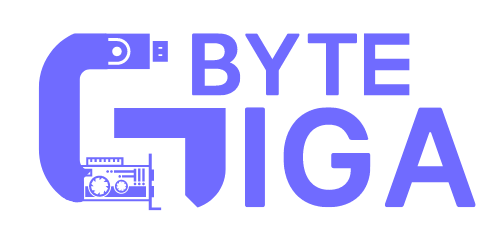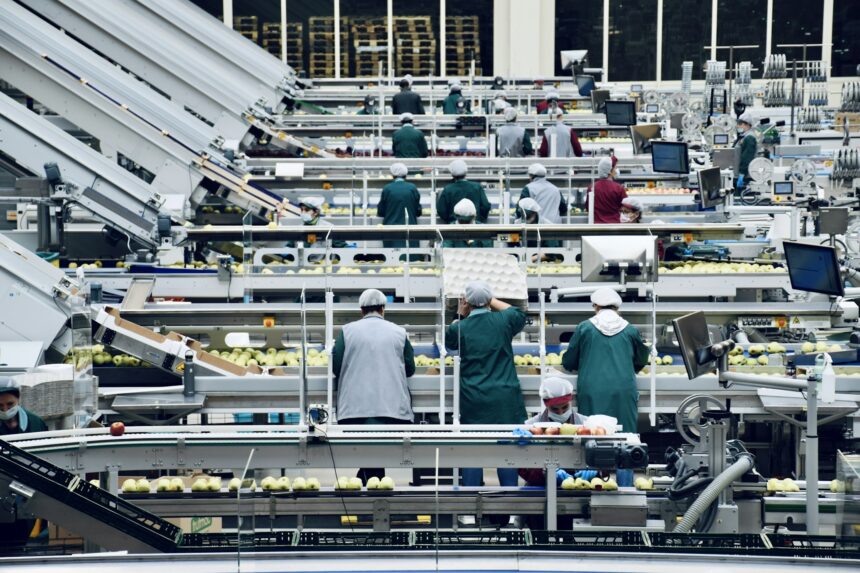Automation and artificial intelligence (AI) are rapidly transforming the job market, reshaping the future of work, and redefining business technology. As these technologies advance, they bring both opportunities and challenges for businesses and employees alike. This article explores what to expect from job automation, the impact of AI in business, and how the future of work is evolving.
The Rise of Automation and AI in Business
Automation and AI have become integral parts of modern business operations. From streamlining workflows to enhancing customer experiences, these technologies are driving significant changes across various industries. According to a recent study, 42% of enterprise-scale businesses have already deployed AI, with an additional 40% actively exploring its use.
Impact on Job Market
The impact of automation on the job market is profound. While some fear that AI will lead to massive job losses, the reality is more nuanced. AI is expected to automate 75 million jobs globally by 2025, but it will also create 133 million new jobs. This shift presents both challenges and opportunities for workers and employers.
Job Polarization
One significant effect of automation is job polarization. This phenomenon refers to the growing divide between high-skill, high-wage jobs and low-skill, low-wage jobs, with a decline in middle-skill jobs. Studies have shown that routine-biased technological change and offshoring contribute to this polarization.
Emerging Job Roles
As automation takes over routine tasks, new job roles are emerging that require advanced skills and creativity. For instance, roles in AI development, data analysis, and cybersecurity are in high demand. Additionally, jobs that require human touch, such as healthcare and social services, are less likely to be automated.
Preparing for the Future of Work
To thrive in an automated job market, workers need to adapt and acquire new skills. Continuous learning and professional development are crucial. Educational institutions and employers must collaborate to provide training programs that equip workers with the necessary skills for the future.
Reskilling and Upskilling
Reskilling and upskilling are essential strategies for workers to stay relevant in the job market. Reskilling involves learning new skills for a different job, while upskilling focuses on enhancing current skills. Companies can support their employees by offering training programs and resources for skill development.
Embracing Lifelong Learning
In the age of automation, lifelong learning is more important than ever. Workers must embrace a mindset of continuous improvement and be proactive in seeking out new learning opportunities. This approach will help them stay competitive and adaptable in a rapidly changing job market.
Business Strategies for Automation
Businesses must also adapt to the changing landscape brought about by automation. Implementing AI and automation technologies can lead to increased efficiency, cost savings, and improved customer experiences. However, it is essential to integrate these technologies thoughtfully and ethically.
Integrating AI into Workflows
For AI to drive impactful results, it must be seamlessly integrated into existing workflows and systems. This integration can automate key processes across areas such as customer service, supply chain management, and cybersecurity.
Ethical Considerations
As businesses adopt AI, they must consider ethical implications. Ensuring that AI systems are transparent, fair, and unbiased is crucial. Companies should establish guidelines and frameworks to address potential ethical issues and promote responsible AI use.
Conclusion
Automation and AI are transforming the job market and the future of work. While these technologies present challenges, they also offer significant opportunities for growth and innovation. By embracing continuous learning, reskilling, and ethical AI practices, both workers and businesses can navigate the evolving landscape and thrive in the age of automation.
“The best way to predict the future is to create it.”
Peter Drucker









